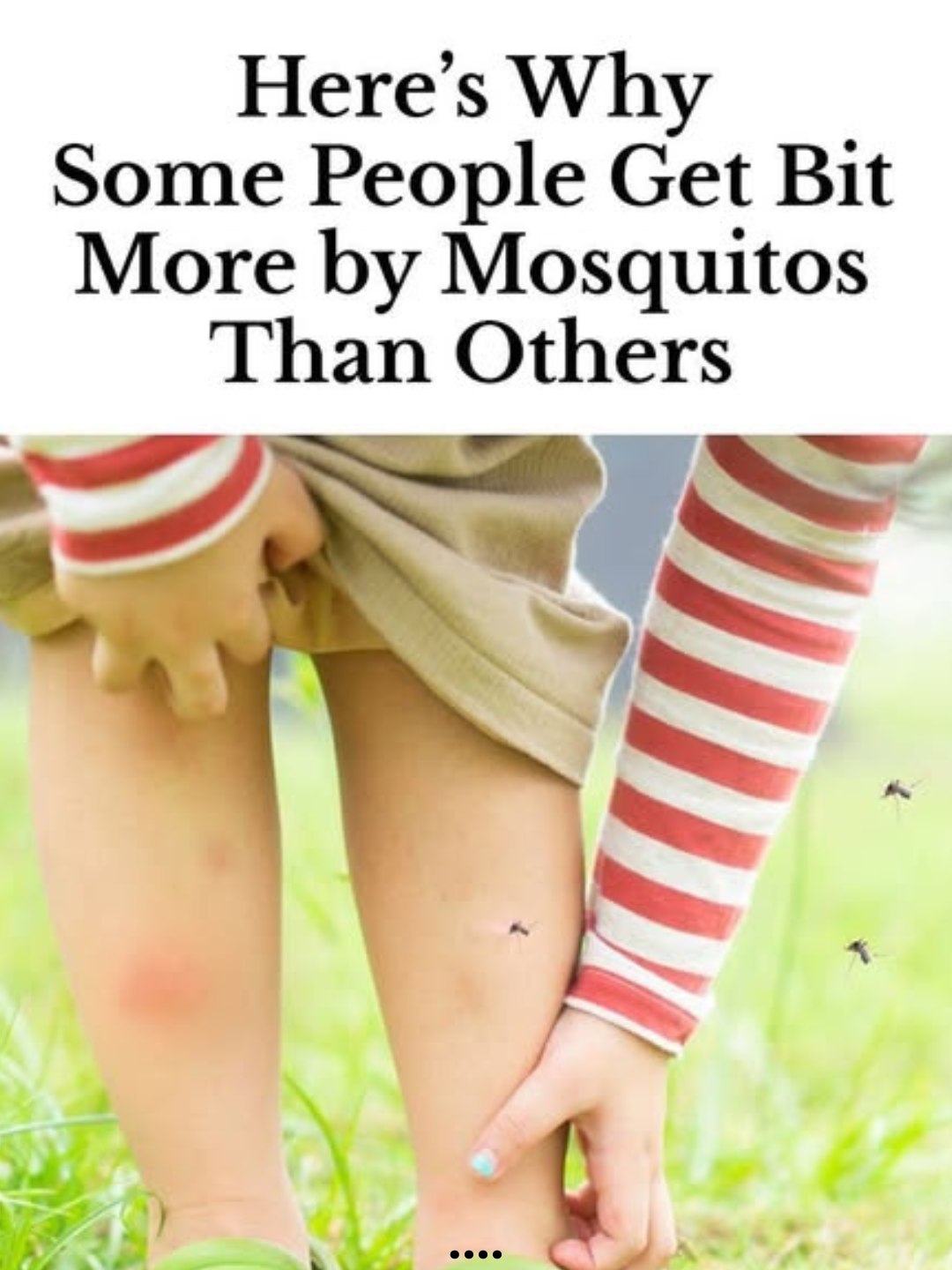2. Blood Type: A Tasty Preference
Research suggests that mosquitoes are particularly drawn to people with Type O blood. In fact, studies have shown that individuals with Type O are twice as likely to get bitten compared to those with Type A. While we can’t change our blood type, it might explain why some people seem to be mosquito magnets.
3. Body Heat and Metabolism
Mosquitoes are heat-seeking creatures. Individuals with higher body temperatures, faster metabolisms, or pregnant women (who emit more heat and carbon dioxide) often become prime targets. Even wearing dark clothing can absorb more heat, making you more visible to mosquitoes.
4. Skin Microbiota: The Smelly Factor
The bacteria living on your skin also play a role. Different bacterial communities produce different scents, and some of these are more enticing to mosquitoes than others. It’s a subtle but important factor that scientists are still studying.
5. Genetics: Born to Be Bitten?
Surprisingly, genetics may account for up to 85% of your attractiveness to mosquitoes. From your natural body odor to how much carbon dioxide you exhale, your DNA shapes many of the factors mosquitoes use to choose their next meal.
6. Movement and Color
Moving around can catch a mosquito’s attention, and certain colors—like black, navy, or red—make you stand out against the natural landscape. Mosquitoes use vision as well as smell to find their victims.
Protecting Yourself
If you’re one of the unfortunate people mosquitoes seem to love, don’t worry—there are steps you can take:
-
Use insect repellent containing DEET, picaridin, or oil of lemon eucalyptus.
-
Wear light-colored, loose-fitting clothing.
-
Avoid being outside during peak mosquito hours (dawn and dusk).
-
Use fans; mosquitoes are weak fliers.
-
Eliminate standing water near your home to reduce breeding grounds.
Next time you find yourself scratching those familiar itchy bumps, remember — it’s not personal; it’s science. But with a little preparation, you can stay bite-free and enjoy the great outdoors!

